Groep 1
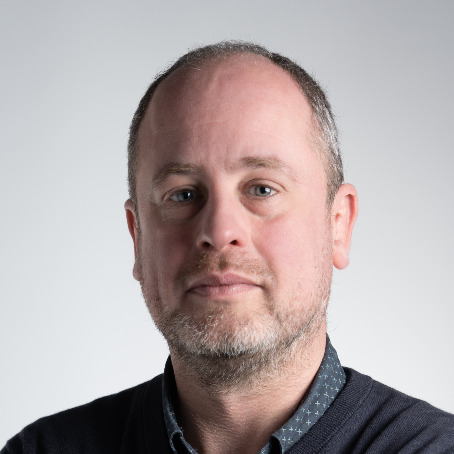
Ongelijkheid in mondiaal perspectief
Prof. dr. Robert Inklaar - FEB
Wat zijn de vooruitzichten voor duurzame ontwikkeling in deze wereld? Ongelijkheid binnen en tussen landen roept de vraag op hoe de welvaart wordt verdeeld en nieuwe technologie heeft onzekere gevolgen. Dit college is een tour langs de belangrijkste ontwikkelingen op dit gebied en stelt de vragen voor onderzoek en beleid om dit thema beter te begrijpen en beheersen.
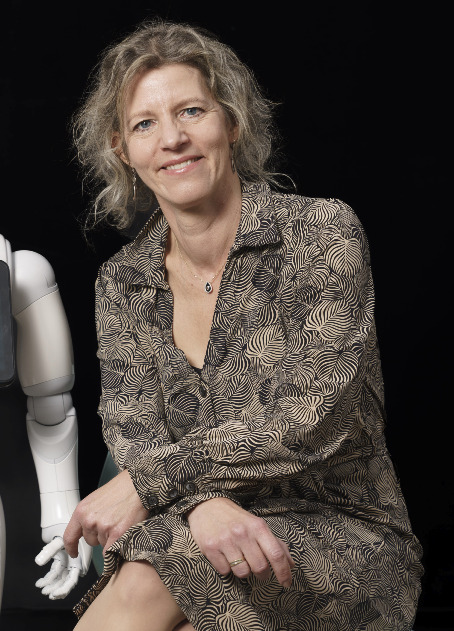
Enig, of toch eng? Robots in de dienstverlening
Prof. dr. Jenny van Doorn - FEB
In de afgelopen jaren zien we dat dienstverleners steeds meer investeren in robots. Sociale robots kunnen bijvoorbeeld personeelstekorten in de zorg helpen oplossen die ontstaan met een steeds ouder wordende bevolking en alarmerend weinig zorgpersoneel. Robots voegen een sociaal element aan geautomatiseerde dienstverlening toe wat er tot op heden nog niet was, wat robots anders maakt dan andere vormen van automatisering. Wel kunnen robots op weerstand stuiten bij zowel consumenten als ook de menselijke collega. In dit mini-college vertellen we hoe robots het best ingezet kunnen worden in de praktijk zonder de klantervaring aan te tasten.
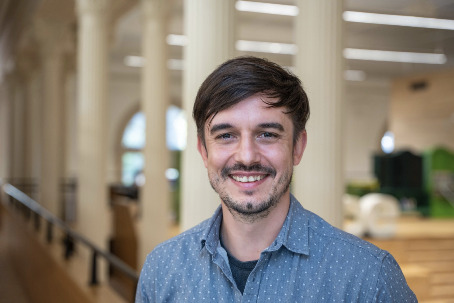
Two Hearts in One Chest: Consumer Moral Disengagement & Unsustainable Consumption
Dr. Sven Kilian - Campus Fryslân
In this mini lecture we will learn about an interesting human tendency known from moral psychology which is called "moral disengagement". It denotes the tendency of people to strategically clear their conscience from feelings of guilt which is particularly apparent when facing (moral) dilemma situations. In this mini lecture we learn how this relates to the consumption choices we make.
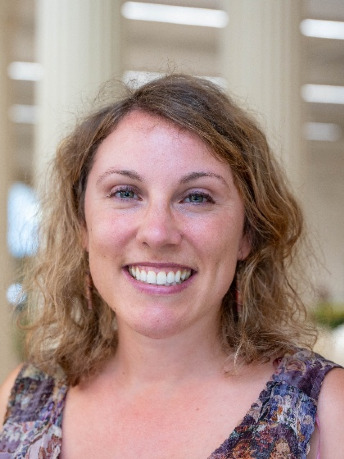
Agreeing to Disagree?
Dr Élise Rouméas - Campus Fryslân
"Should we 'agree to disagree' — at least in the classroom? During this mini-lecture, we will reflect on the appropriate attitude to adopt in the face of moral or political disagreement. We will review different possible responses to disagreement: from enthusiastic endorsement of differences to outright intolerance, and examine various ways individuals relate to their own beliefs. In conclusion, we will collectively establish ground rules for responding to fierce disagreements in the classroom with civility."
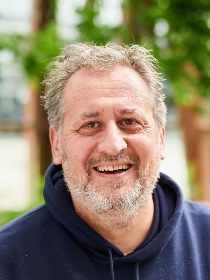
Once upon a time in Groningen
Prof. dr. Francesco Picchioni - FSE
In this mini lecture I will provide an overview on plastic recycling particularly focusing on the skills needed for the students to be inventive. We will start by talking briefly about general skills and how to be creative. We will then apply the concept to the problem of rubber recycling.
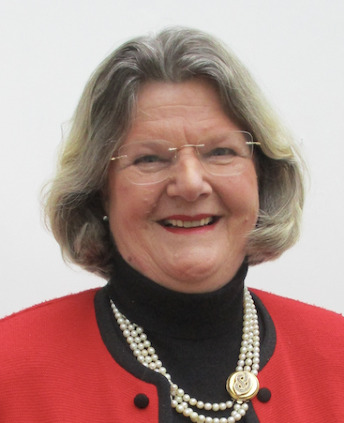
What materials can we use to build a computer that works like our brain?
Prof. dr. Petra Rudolf - FSE
The digital revolution with its constant growth in generation and management of data requires an ever increasing share of the global energy consumption. Compared to the devices we normally use, our brain with its 100 billion neurons is able to perform complex tasks that involve data classification and pattern recognition much more energy-efficiently. Hence the idea to develop neuromorphic computers - not based on living cells or organic materials but on inorganic components. In this talk prof. Rudolf shall illustrate what solutions we are exploring here in Groningen.
